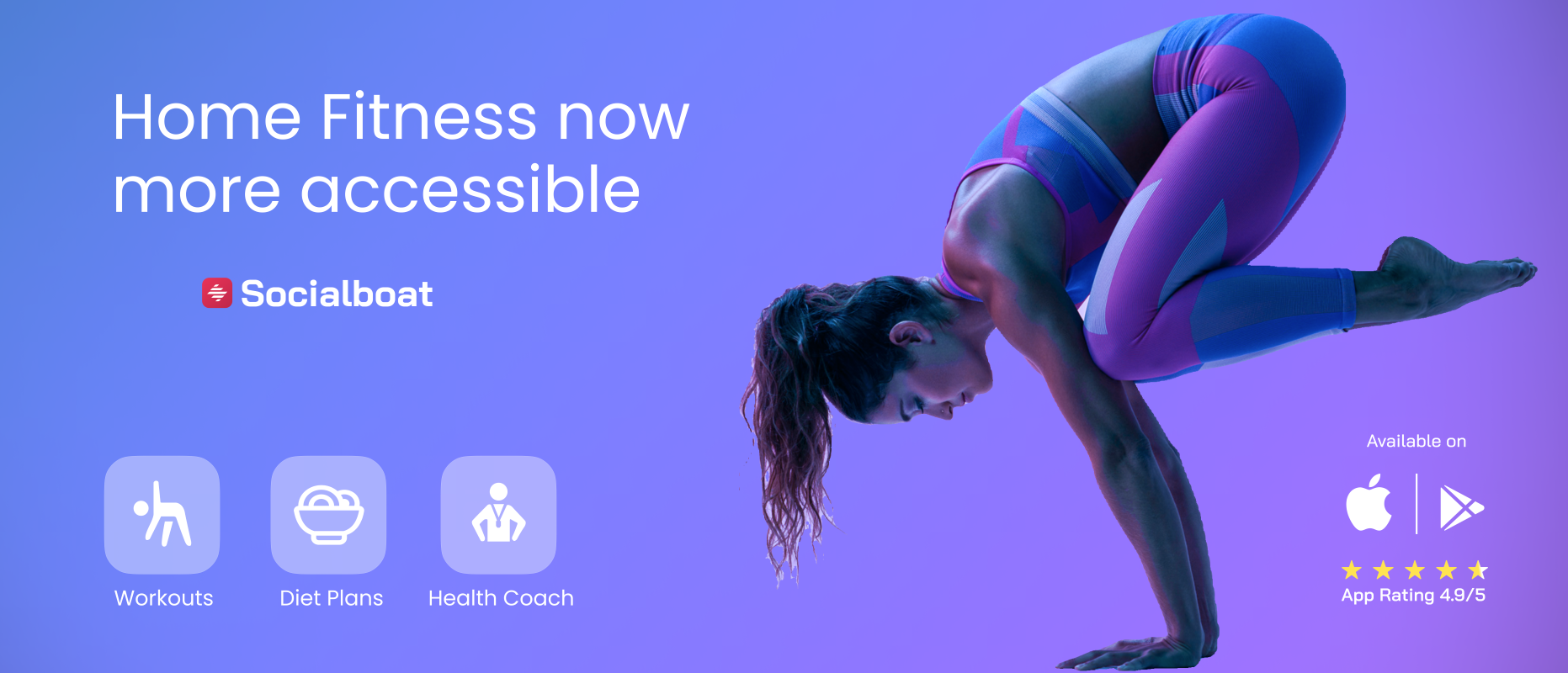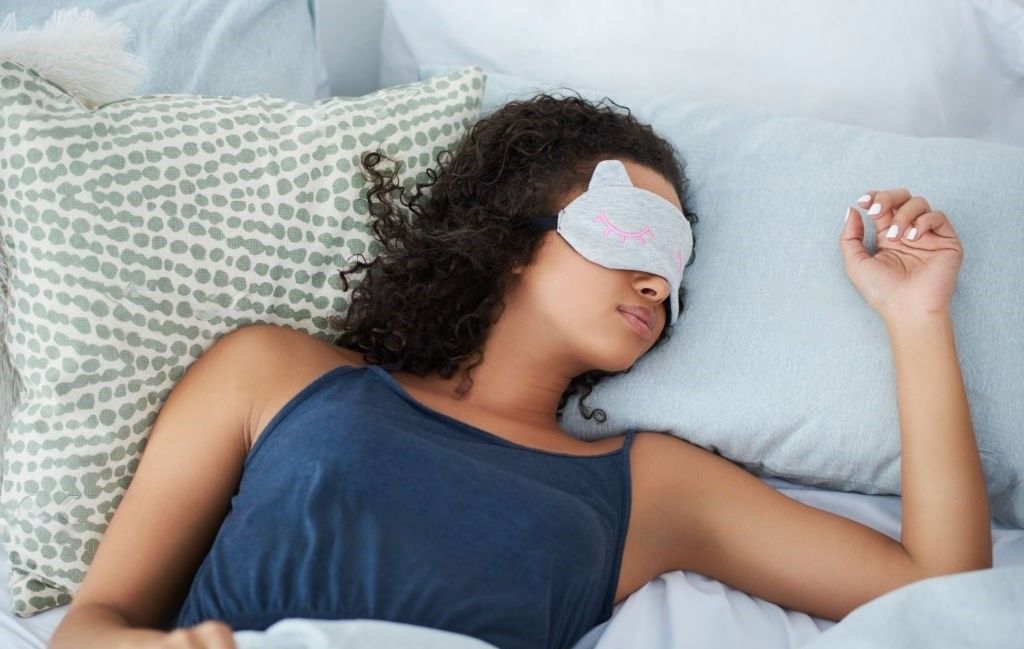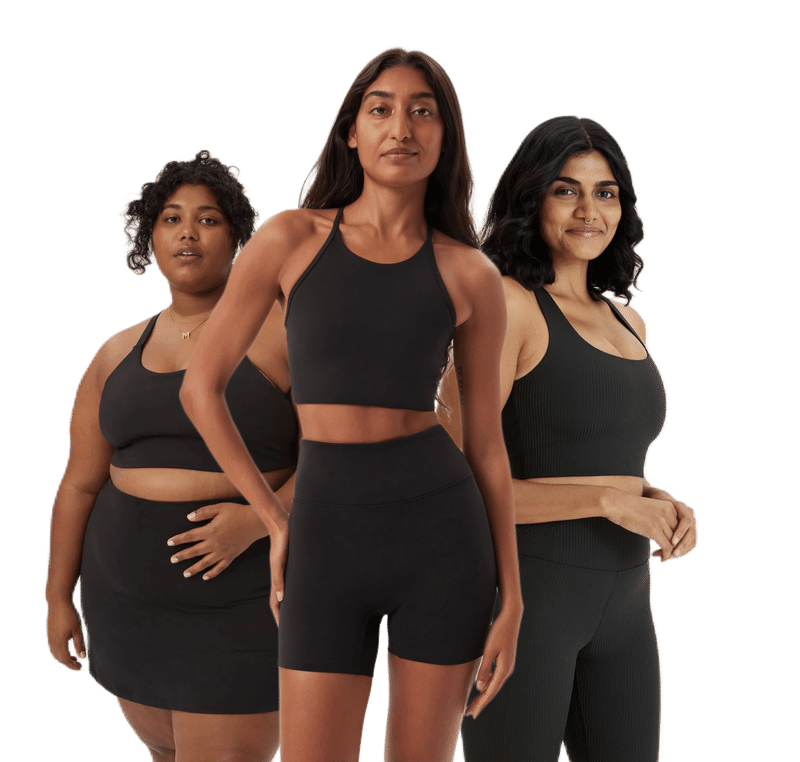Debunking Sleep Myths: The Truth About Blue Light, Sleep Aids, and More
Published: 11:21AM 21 July 2023

Jayti Shah

Sleep is a fundamental aspect of human health and well-being, yet many of us struggle to get enough restful slumber. In the quest for better sleep, numerous myths and misconceptions have emerged, leading to confusion about what truly helps or hinders our ability to sleep. In this blog, we will separate fact from fiction and delve into the scientific research behind common sleep myths. We will explore the truth about blue light's impact on sleep, the efficacy of sleep aids, the role of bedtime routines, and the influence of caffeine on sleep quality.
1. The Truth About Blue Light
Blue light, emitted by electronic devices like smartphones, tablets, and computers, has garnered attention for its potential impact on sleep. It is often believed that exposure to blue light before bedtime disrupts our sleep-wake cycle, making it harder to fall asleep. However, the science behind this claim is more nuanced.
Research has shown that blue light exposure, particularly in the evening, can indeed suppress the production of the sleep hormone melatonin. Melatonin plays a crucial role in regulating our sleep-wake cycle, and lower levels of melatonin can make it challenging to fall asleep. This is because blue light mimics the natural light cues that signal our bodies to stay awake and alert during the day.
2. The Efficacy of Sleep Aids
Sleep aids, including over-the-counter medications and herbal supplements, are commonly used to address sleep difficulties. However, their effectiveness and safety are often subjects of debate.
Several sleep aids contain ingredients that promote relaxation and drowsiness, such as antihistamines. These compounds can induce sleepiness, leading users to believe they are an effective solution for sleep problems.
3. The Role of Bedtime Routines
Bedtime routines are often recommended as a means to improve sleep quality and establish a consistent sleep schedule. The idea is that following a set of calming activities before bed can signal the body that it's time to wind down and prepare for sleep.
Bedtime routines can be beneficial in several ways. Firstly, they create a consistent schedule, which helps regulate the body's internal clock and improve sleep-wake patterns. Secondly, engaging in relaxing activities before bed, such as reading a book, taking a warm bath, or practicing deep breathing exercises, can promote a sense of calm and reduce stress, making it easier to transition into sleep.
4. The Influence of Caffeine on Sleep Quality
Caffeine, commonly found in coffee, tea, and energy drinks, is a stimulant that can interfere with sleep. It is often believed that consuming caffeine close to bedtime disrupts sleep quality and leads to insomnia.
Caffeine works by blocking the action of adenosine, a neurotransmitter that promotes relaxation and drowsiness. By inhibiting adenosine, caffeine increases alertness and energy levels, making it difficult to fall asleep.
SUMMARY
Sleep myths and misconceptions are prevalent, often leading to confusion about how to achieve better sleep. Understanding the scientific research behind these myths can help us make informed decisions about our sleep habits. While blue light can indeed affect sleep quality, its impact varies among individuals. Sleep aids may offer short-term relief but can be problematic when used long-term. Bedtime routines can be effective in improving sleep quality and establishing a consistent sleep schedule. Lastly, caffeine can disrupt sleep, and its effects depend on individual sensitivity and timing of consumption. By debunking these myths and adopting evidence-based practices, we can pave the way for more restful and rejuvenating sleep.
Jayti Shah is a Clinical Nutritionist with a master's degree in Clinical Nutrition and Dietetics. She is a member of the Indian Dietetic Association (IDA). Over the last 9 years, she has helped 400 clients in their clinical and weight loss journeys. She works with SocialBoat as a nutrition consultant.
At SocialBoat, we offer custom diet plans and guided workouts to help you achieve your goals in a 360-degree approach. Our gamified experience ensures that you don’t find workouts boring and we reward you for being consistent with your efforts.

REFERENCES
- Chang, A. M., Aeschbach, D., Duffy, J. F., & Czeisler, C. A. (2015). Evening use of light-emitting eReaders negatively affects sleep, circadian timing, and next-morning alertness. Proceedings of the National Academy of Sciences, 112(4), 1232-1237.
- Wood, B., Rea, M. S., Plitnick, B., & Figueiro, M. G. (2013). Light level and duration of exposure determine the impact of self-luminous tablets on melatonin suppression. Applied Ergonomics, 44(2), 237-240.
- Drake, C., Roehrs, T., Shambroom, J., & Roth, T. (2013). Caffeine effects on sleep taken 0, 3, or 6 hours before going to bed. Journal of Clinical Sleep Medicine, 9(11), 1195-1200.
- Childs, E., de Wit, H. (2008). Enhanced mood and psychomotor performance by a caffeine-containing energy capsule in fatigued individuals. Experimental and Clinical Psychopharmacology, 16(1), 13-21.
- Riemann, D., Baglioni, C., Bassetti, C., Bjorvatn, B., Dolenc Groselj, L., Ellis, J. G., ... & Spiegelhalder, K. (2017). European guideline for the diagnosis and treatment of insomnia. Journal of Sleep Research, 26(6), 675-700.
- Trauer, J. M., Qian, M. Y., Doyle, J. S., Rajaratnam, S. M., & Cunnington, D. (2015). Cognitive behavioral therapy for chronic insomnia: a systematic review and meta-analysis of randomized controlled trials. Sleep Medicine Reviews, 19, 1-14.
- Härter, M., Klesse, C., Bermejo, I., Schneider, S., & Berger, M. (2015). Efficacy and safety of long-term treatment with hypericum extract WS® 5570 in patients with moderate depression—a double-blind, randomized, placebo-controlled clinical trial. Pharmacopsychiatry, 48(3), 78-86.







